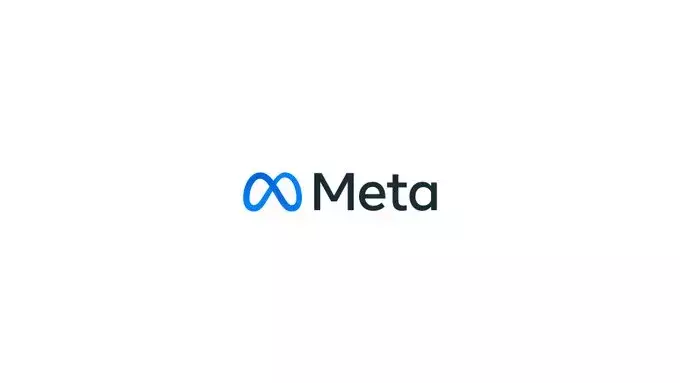In a recent move to enhance clarity and user awareness, Meta has informed its users about updates to its Terms of Service and Community Standards. This announcement comes with the introduction of an in-app pop-up designed to ensure that users are aware of the updates. The modifications are not groundbreaking but serve to refine and clarify existing language regarding platform usage, user agreements, data practices, and community guidelines.
The updated Terms of Service primarily streamline the language around user agreements and platform misuse. One significant change is the rephrased introductory paragraph, which unequivocally states that by accessing any of Meta’s services, users implicitly agree to these terms. The wording aims to eliminate any ambiguity about the obligation of users; if they do not consent to the stipulations laid out in the Terms, they are advised not to use the services.
This clear assertion comes with a broader context. It emphasizes the user’s responsibility to not only abide by the terms but to be aware that their usage of the platform is governed by these rules from the outset. This shift reflects an attempt to hold users accountable while simultaneously reinforcing the terms as a legal contract between Meta and its users.
Another key area addressed in the updated terms relates to the data protection measures implemented by Meta. The company has introduced stricter wording against data scraping, explicitly stating that users are prohibited from accessing or collecting data through automated means without prior consent. The clarification makes it evident that being logged into a Facebook account does not grant users carte blanche to obtain data beyond their permissions.
By incorporating this language on data scraping more explicitly, Meta aims to fortify its position regarding unauthorized data access, which has become a contentious legal issue in recent years. This operational clarification underscores Meta’s commitment to protecting its users’ data and maintaining the integrity of its platforms.
Meta has also introduced nuanced guidelines surrounding the use of Avatars and AI features. These new qualifiers specify that users engaging with Avatars or Meta’s AI products are bound not only by the overarching Terms but also by additional contracts specific to those features. This layered approach emphasizes the diverse applications of user data in different contexts, such as creating Avatars through personal photos or using AI tools which may result in data sharing with third parties.
This explicit mention of supplementary terms is significant as it places further emphasis on transparency. Users now have a clearer understanding of how their data may be utilized across Meta’s platforms and what it means for their privacy. For instance, the necessity of transferring AI queries to partner services, like Google, for improved functionalities highlights a more complex interplay between convenience and data sharing.
On the topic of Community Standards, while Meta has not revised the underlying principles, it has centralized these standards for various platforms — including Facebook, Messenger, Instagram, and Threads. This consolidation aims to simplify user access to the guidelines, allowing users to gain a comprehensive understanding of acceptable behavior across all Meta services. By merging the community standards, Meta is positioning itself to offer a more cohesive framework for user conduct on its platforms.
While the updates to Meta’s Terms of Service and Community Standards may appear incremental at first glance, they represent a critical step towards greater transparency, user responsibility, and clarity around data practices. By refining their language and consolidating existing policies, Meta not only fortifies its legal standing but also takes strides to cultivate a more responsible user environment. Users are encouraged to review these changes carefully to ensure that their engagement with Meta’s services remains informed and aligned with company policies. As digital content continues to evolve, staying informed about terms and usage guidelines is essential for all users navigating these platforms.


Leave a Reply